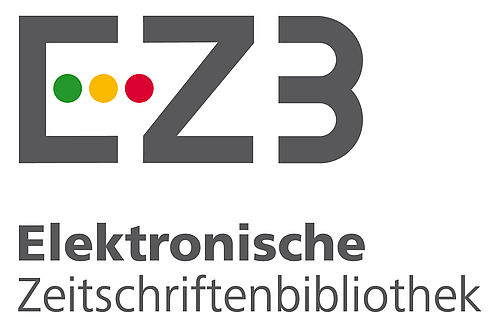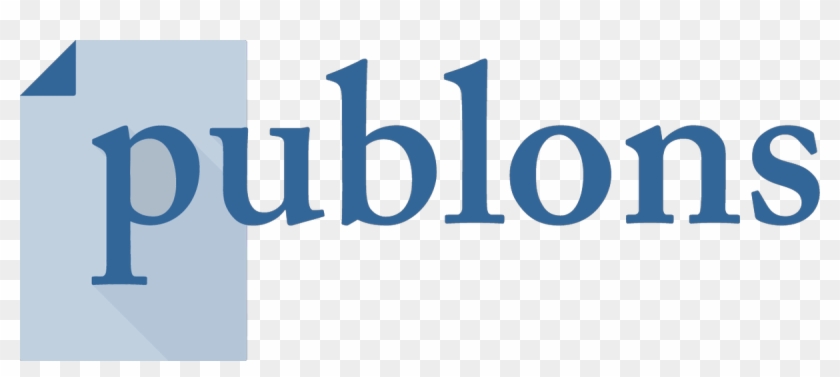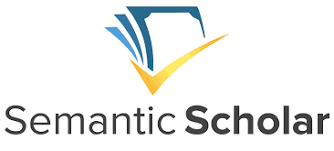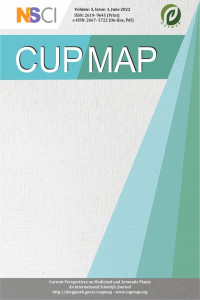Abstract
References
- 1. Afolabi, S. O., Akindele, A. J., Awodele, O., Anunobi, C. C., & Adeyemi, O. O. (2012). A 90 day chronic toxicity study of Nigerian herbal preparation DAS-77 in rats. BMC Complementary and Alternative Medicine, 12(1), 79. https://doi.org/10.1186/1472-6882-12-79
- 2. Brazier, N. C., & Levine, M. A. H. (2003). Drug-herb interaction among commonly used conventional medicines: A compendium for health care professionals. American Journal of Therapeutics, 10(3), 163–169. https://doi.org/10.1097/00045391-200305000-00003
Physician’s acceptance and knowledge in herbal medicine: A cross-sectional study in Northwest Algeria
Abstract
The use of medicinal plants in Algeria is done in an anarchic, uncontrolled and unregulated way and, consequently, serious consequences can affect patients and compromise their good care, especially since this use is often associated with the lack of training and knowledge of a large part of Algerian doctors on the benefits and risks of medicinal plants. This study aims to determine the relationship between the knowledge of Algerian physicians on medicinal plants and their acceptance of the practice of herbal medicine. A cross-sectional study was conducted in different health institutions in two regions (Tlemcen and Aïn-Témouchent). The main tool that was used to collect the required data was a self-administered questionnaire that was specifically developed and approved by the researchers to meet the study objectives. The data collected was processed by R++. The study revealed that 54.85% of the participating physicians had below average knowledge about plants, and more than half of them acquired their knowledge through self-training. In addition, the results show that 30% of physicians tend to use herbal medicines, while only 12% prescribe them to their patients. Interestingly, a large majority (81.4%) of the participants expressed a desire to improve their knowledge of herbal medicines and there was a highly significant relationship between physicians' knowledge and their acceptance of herbal medicine (Spearman's test: p-value=0.00066). Almost all physicians (87.55%) agreed that knowledge of medicinal plants is important to them and should be included in the general medical curriculum.
Keywords
References
- 1. Afolabi, S. O., Akindele, A. J., Awodele, O., Anunobi, C. C., & Adeyemi, O. O. (2012). A 90 day chronic toxicity study of Nigerian herbal preparation DAS-77 in rats. BMC Complementary and Alternative Medicine, 12(1), 79. https://doi.org/10.1186/1472-6882-12-79
- 2. Brazier, N. C., & Levine, M. A. H. (2003). Drug-herb interaction among commonly used conventional medicines: A compendium for health care professionals. American Journal of Therapeutics, 10(3), 163–169. https://doi.org/10.1097/00045391-200305000-00003
Details
| Primary Language | English |
|---|---|
| Subjects | Pharmacology and Pharmaceutical Sciences |
| Journal Section | Research Articles |
| Authors | |
| Publication Date | June 30, 2022 |
| Published in Issue | Year 2022 Volume: 5 Issue: 1 |
-------------------------------------------------------------------------------------------------------------------------------













-------------------------------------------------------------------------------------------------------------------------
 CUPMAP Journal is licensed under a Creative Commons Attribution-NonCommercial-NoDerivatives 4.0 International License.
CUPMAP Journal is licensed under a Creative Commons Attribution-NonCommercial-NoDerivatives 4.0 International License.
-----------------------------------------------------------------------------------------------------------------------------------------
This is an open access journal which means that all content is freely available without charge to the user or his/her institution. Users are allowed to read, download, copy, distribute, print, search, or link to the full texts of the articles, or use them for any other lawful purpose, without asking prior permission from the publisher or the author. This is in accordance with the BOAI definition of open access.

